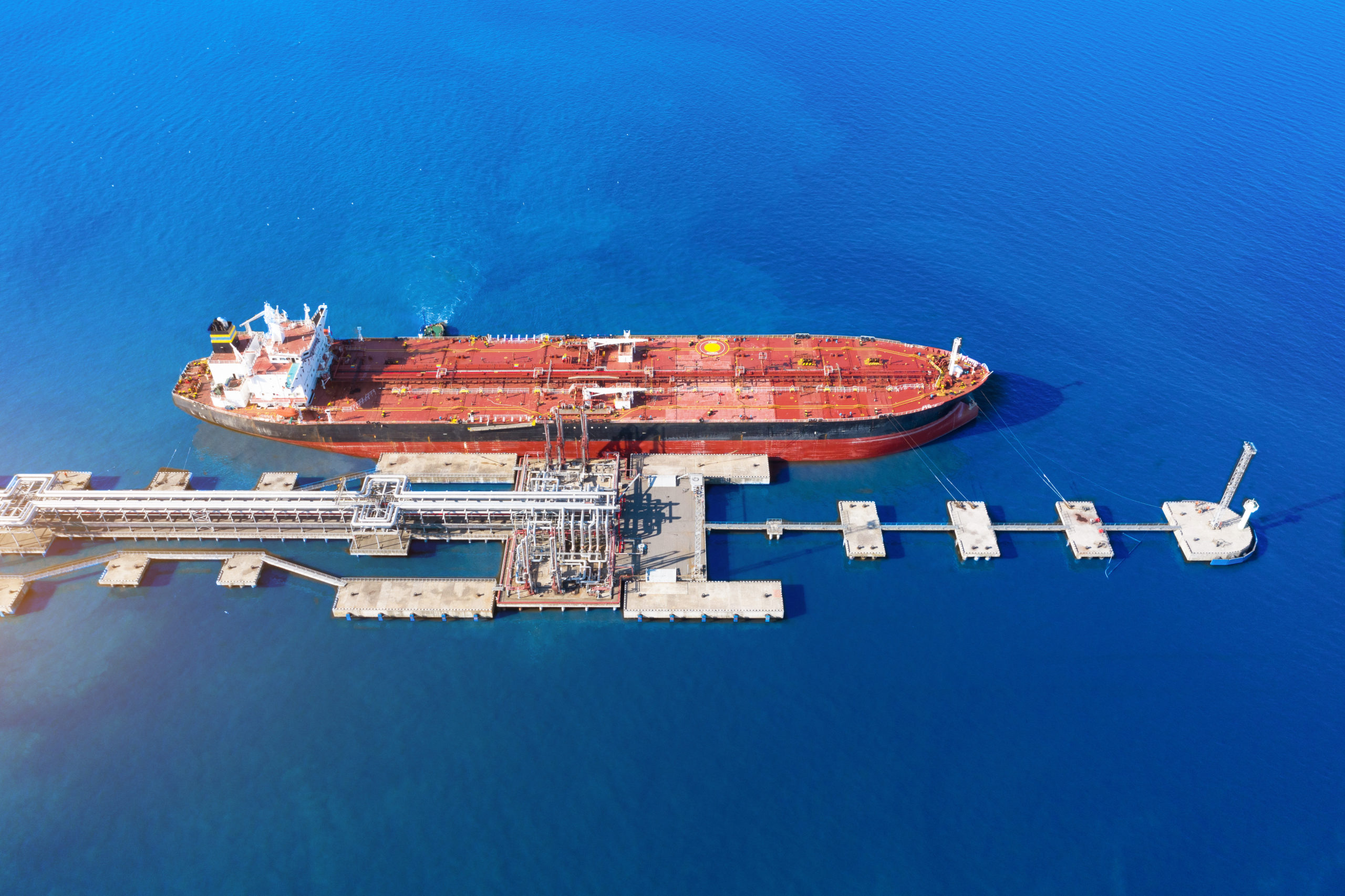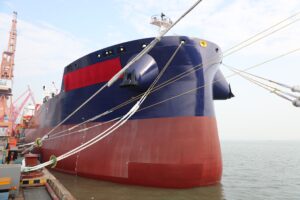
All European Union governments finalised on Saturday the written approval to set an oil price cap for Russian crude oil and petroleum oils and oils obtained from bituminous minerals at USD 60 per barrel.
The measure for prohibiting the maritime transport of Russian crude oil will become applicable as of today 5th of December, while the EU will also stop any imports of Russian petroleum products from 5th of February.
Due to the fact that Saturday´s decision of the price cap is set to be so near to its implementation, vessels carrying crude oil originating in Russia, purchased and loaded onto the vessels prior to 5th of December 2022 will be exempt from the restrictions for 45 days, or until 19th of January 2023.
Specifically from today, the EU decision sets the level at which the exemption apply, and introduces a transition period of 45 days for vessels carrying crude oil originating in Russia, purchased and loaded onto the vessel prior to 5 December 2022, and unloaded at the final port of destination prior to 19 January 2023.
As the price cap may be periodically reviewed to adapt to the market situation, the decision also sets a transition period of 90 days after every change in the price cap, to ensure implementation of the price cap by all operators.
The functioning of the price cap mechanism will be reviewed every two months to respond to developments in the market, and will be set at least 5% below the average market price for Russian oil and petroleum products, calculated on the basis of data provided by the International Energy Agency.
The Council also introduced an “emergency clause” which allows the transport of oil beyond the price cap or the provision of technical assistance, brokering services or financing or financial assistance related to the transport, when these are necessary for the urgent prevention or mitigation of an event likely to have a serious and significant impact on human health and safety or the environment, or as a response to natural disasters.


